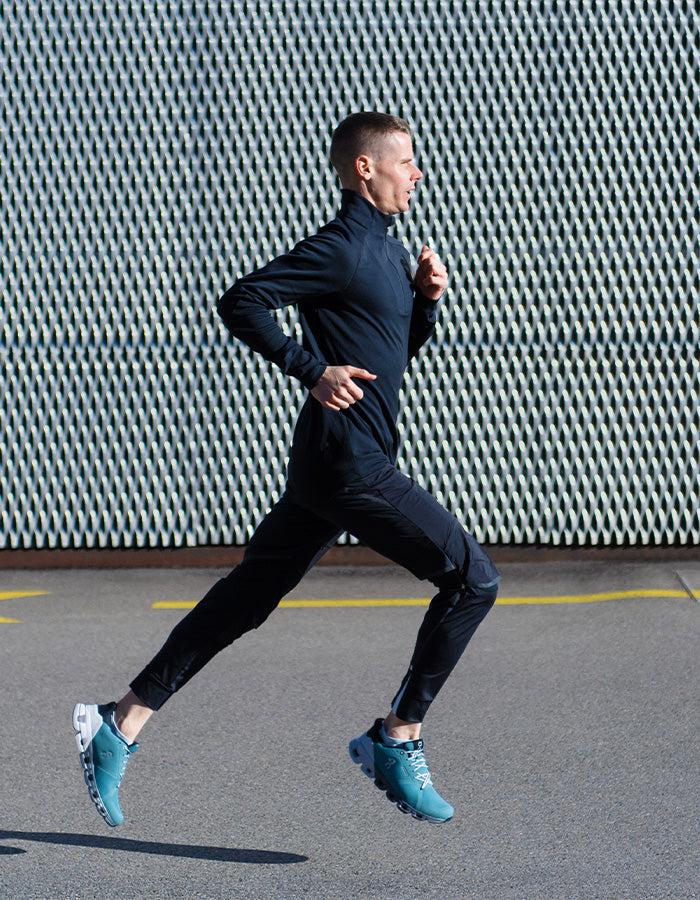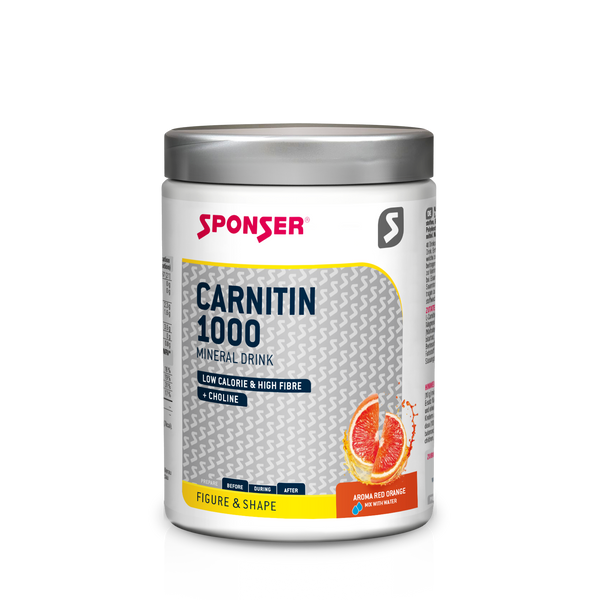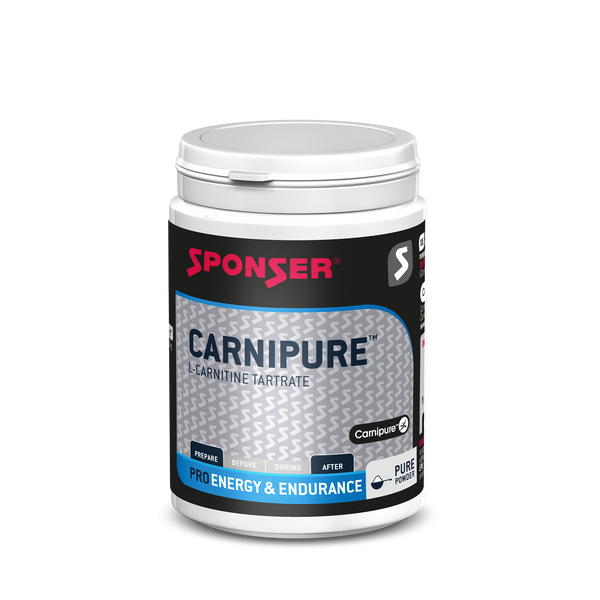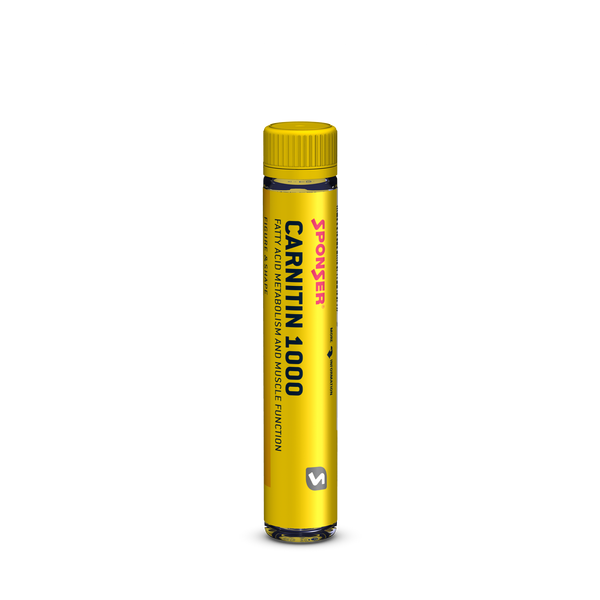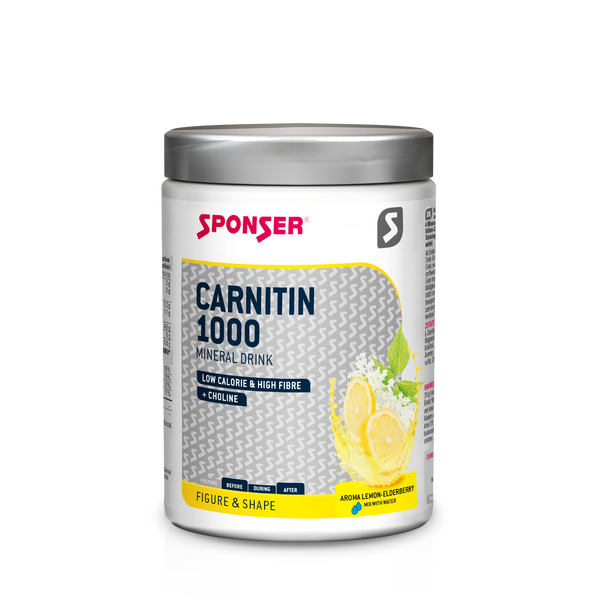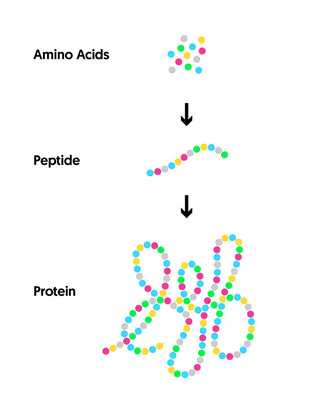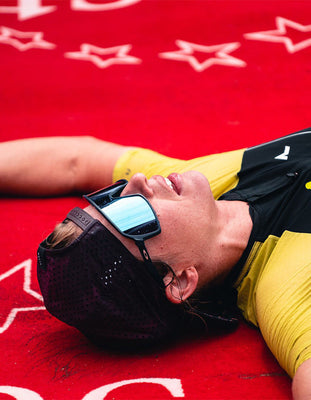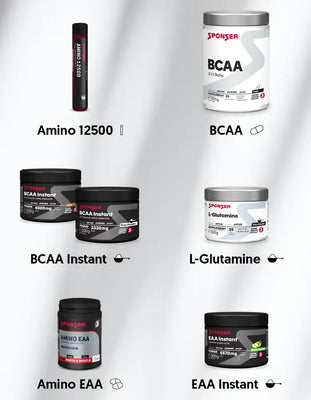
Photo credit: Marius Venter/Pexels
Most important recommendations for athletes
L-carnitine plays an important role in the regeneration of athletes. This has been proven by numerous studies. The most important findings at a glance:
• In studies of athletes who take L-carnitine after physical exercise, lower lactate, cortisol, creatine kinase and ammonia levels were found, which means lower oxidative stress (1,2,3). The lower these parameters, the faster the recovery phase.
• The effect is based on a presumed vascular effect by circulating L-carnitine, and not on muscular storage. According to an older report from the University of Geneva, this could provide an acute pharmacological protective effect against oxidative damage in the area of the micro blood vessels.
• L-carnitine has a regeneration-promoting effect, especially during straining training phases and physical (over)exertion. Therefore, a supplementation with L-carnitine in a dosage of at least 2 g shortly before and/or after a sporting activity appears recommendable. An increase of the muscular carnitine content is not necessary.
• A dosage of L-carnitine only shows a proven effect above 1000 mg. With a very meat-rich, targeted diet, 1000-2000 mg/day could already be achieved.
L-carnitine products from SPONSER
• CARNIPURE: Food supplement with L-carnitine tartrate as CarniPure® quality from LONZA for ambitious ultra-endurance athletes
• CARNITIN 1000 MINERAL DRINK: Low-sugar, electrolytes drink with 1000 mg of L-carnitine per serving
• CARNITIN 1000: 25 ml ampoules with L-carnitine (1000 mg) plus zinc (3.8 mg) and magnesium (75 mg)
More about L-carnitine
L-carnitine is also interesting when it comes to increased energy supply by means of fatty acids (» fat metabolism) and an increase in endurance performance through improved oxygen supply (» endurance performance).
Literature
1) Galloway SDR et al. (2004): Effect of 2 weeks supplementation with L-Carnitine-L-Tartrate on plasma ammonia response to exercise. Conference proceedings, FASEB.
2) O’Connor JE et al. (1990): New roles of Carnitine metabolism in ammonia cytotoxicity. Adv Exp Med Biol 272:183-195.
3) Spiering BA et al. (2008): Effects of L-carnitine L-tartrate supplementation on muscle oxygenation responses to resistance exercise. J Strenght Cond Res, 22(4):1130-5.
Related articles
on » amino acids
on » recovery
on » performance optimisation
on » science
shop » energy & endurance
goal » recovery
Author: Remo Jutzeler
Head R&D SPONSER SPORT FOOD
Ing. Applied Food Sciences UAS
MAS Nutrition & Health ETHZ









